According to Dr. Chu Thi Dung, University of Medicine and Pharmacy Hospital, Ho Chi Minh City - Branch 3, the liver and kidney are two organs that have the function of purifying and eliminating natural toxins. The important thing is how to maintain their function effectively, instead of believing in quick solutions that lack scientific evidence.
Should proactively detoxify naturally through a healthy lifestyle
“There are no official guidelines advising people to use detoxifying drugs or teas to ‘cleanse’ the liver and kidneys, as they are already capable of filtering out toxins on their own. The key is to create conditions for these two organs to work best,” Dr. Dung emphasized. Specifically, each person needs to focus on building a healthy lifestyle.
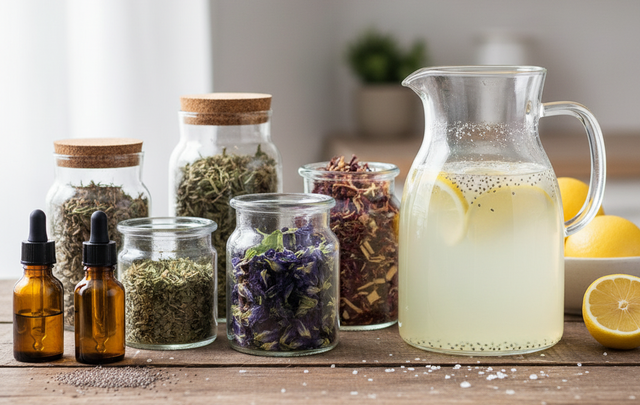
There are no official guidelines that recommend people use detox pills or teas to “cleanse” their liver and kidneys.
Illustration: AI
Balanced diet : The World Health Organization (WHO) recommends eating plenty of green vegetables, fruits, whole grains, beans and nuts; reducing processed foods; limiting sugar; staying away from alcohol; avoiding saturated fats and completely eliminating trans fats.
Limit salt : The recommended maximum salt intake is 5 grams per day. Long-term salt intake is harmful to the kidneys and increases the risk of high blood pressure - one of the leading risk factors for chronic kidney disease.
Maintain exercise : You should exercise moderately for 150 minutes/week, combining muscle strengthening exercises at least 2 days. Exercise helps maintain a reasonable weight, supports blood sugar control, reduces liver fat and improves cardiovascular health.
Managing risk factors : People with high blood pressure, diabetes or cardiovascular disease, if not well controlled, will damage both the liver and kidneys.
Be careful with herbs and dietary supplements : Many cases of drug-induced liver injury (DILI) have been reported in association with herbal products and dietary supplements. People should be cautious and should only use them after consulting a doctor.
Thus, instead of looking for a quick "detox" solution, each person can purify their liver and kidneys every day with a sustainable and scientific lifestyle.
What should people with liver damage due to alcohol pay attention to?
WHO says there is no safe level of alcohol consumption. Alcohol is a leading cause of cirrhosis and liver cancer.

Regular exercise, combined with a healthy diet and lifestyle, will help protect the liver and kidneys naturally.
PHOTO: AI
In Vietnam, alcohol-related liver damage is a major public health problem. For those who have experienced alcohol-related liver damage, aftercare is vital.
Complete alcohol withdrawal : Studies show that the liver can recover somewhat if it is not exposed to alcohol again. On the contrary, if you continue to drink, alcoholic hepatitis can progress to cirrhosis or liver cancer.
Hepatitis A and Hepatitis B vaccination : Recommended by the US Centers for Disease Control and Prevention (CDC). Because when the liver is already damaged, additional viral hepatitis infection will make the condition much worse.
Healthy diet : Do not abstain too much, avoid malnutrition leading to muscle loss. Prioritize green vegetables, fruits, fish, whole grains, combined with moderate amounts of protein from healthy sources.
In addition, Dr. Dung warned that people with liver disease should avoid eating raw seafood, especially oysters, because they are susceptible to Vibrio vulnificus infection, which can cause serious illness.
Patients should be cautious when using drugs or functional foods. Any product, even labeled “natural herbs”, has the risk of causing liver damage if used incorrectly or combined with many types.
“The liver and kidneys will be healthy if properly protected. On the contrary, word-of-mouth 'detoxification' methods of unknown origin can cause more harm than good. Taking care of your health is a long-term journey, and each person is the one who decides to keep their body in the most natural 'cleansing' state,” Dr. Dung added.
Does eating animal liver "nourish the liver"?
There is still a popular belief that “what you eat is what you are”, including the saying “eating liver nourishes the liver”. However, modern science has proven this to be incorrect.
Dr. Chu Thi Dung said that animal liver contains very high levels of vitamin A. Eating too much can easily lead to excess vitamin A, causing poisoning with symptoms such as nausea, headache, fatigue, and even liver and bone damage. WHO has also clearly warned about the risk of vitamin A poisoning if consumed in excess of the need.
Not only that, liver and other animal organs also contain a lot of cholesterol and saturated fat. If used regularly, it will increase the risk of cardiovascular disease and metabolic disorders.
“Eating animal liver does not make the liver healthier, but can put more burden on the body. If people like it, they should only eat it occasionally in small amounts, and should not consider it as a way to prevent or cure liver disease,” said Dr. Dung.
Source: https://thanhnien.vn/trao-luu-thai-doc-gan-than-dung-de-mong-muon-thai-doc-thanh-nap-doc-185251006133813332.htm









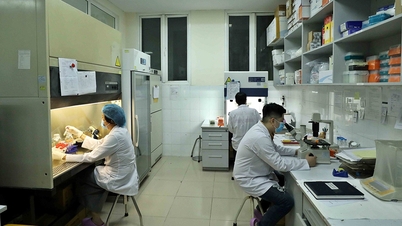



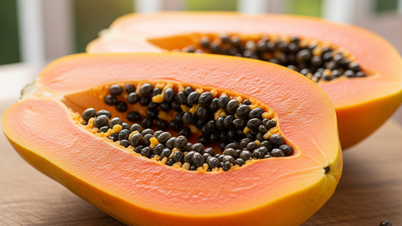
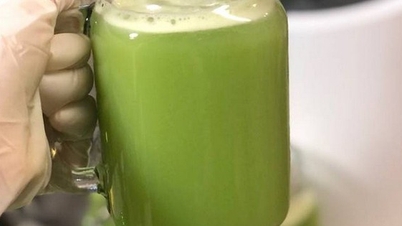



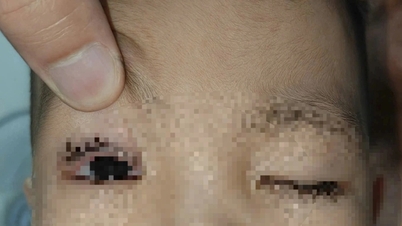

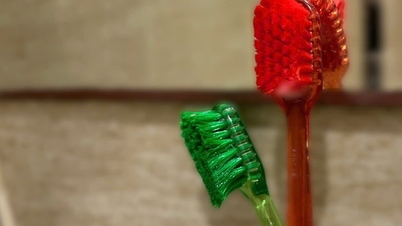
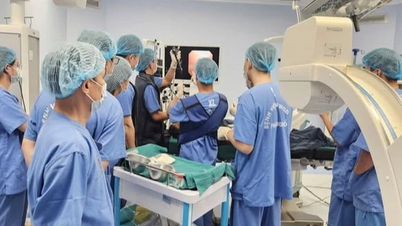









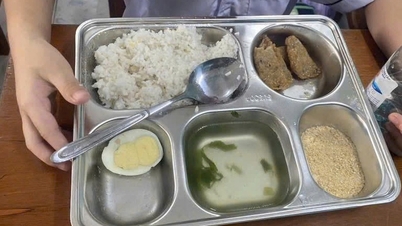











































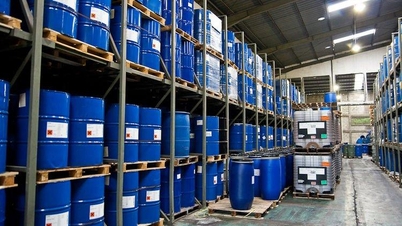




























Comment (0)